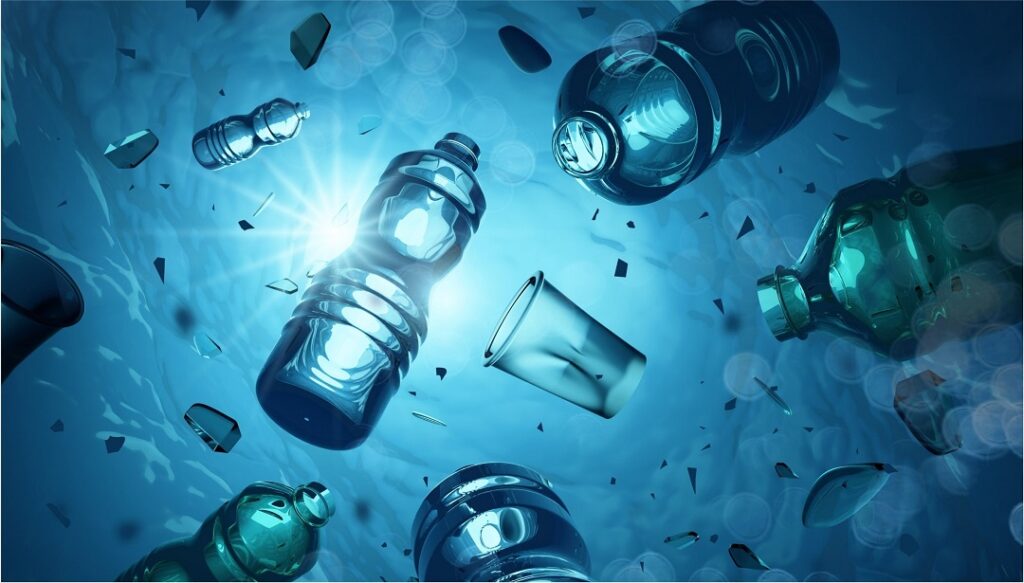
LONDON: Hydrogen Utopia International (HUI), a company that converts non-recyclable plastic waste into hydrogen and other clean fuels, has signed a preliminary agreement with U.S.-based InEnTec Inc. to secure exclusive licenses for its waste-to-hydrogen technology across the Middle East and North Africa (MENA).
The deal, outlined in a heads of terms agreement, grants HUI access to 10 licenses for InEnTec’s Plasma Enhanced Melter (PEM) system, a commercially proven technology that processes mixed plastics, tires and hazardous waste into hydrogen while capturing carbon dioxide. The binding agreement is contingent on meeting certain milestones within 120 days.
Under the proposed model, HUI will not directly invest capital in the projects but will receive upfront payments from partners for each license. Each facility is expected to cost between $50 million and $100 million, with commercial operations targeted within 24 months. HUI plans to retain a minority stake in each project and collect management fees, projecting internal rates of return in the “high teens.”
The first phase will focus on Saudi Arabia and the United Arab Emirates, where demand for low-carbon hydrogen and carbon capture solutions is rising, particularly in steel, cement and oil production. Both countries have aggressive hydrogen strategies, with the UAE aiming to produce 1.4 million tons annually by 2031 and Saudi Arabia targeting 1.2 million tons by 2030.
InEnTec’s technology, operational for over 13 years, doubles hydrogen output when paired with a gas water shift system and produces high-grade CO2 for enhanced oil recovery. The system aligns with regional waste diversion goals, including Saudi Arabia’s plan to cut landfill waste by 90% by 2040.
HUI CEO Aleksandra Binkowska cited the global hydrogen market’s projected growth to $556 billion by 2034, calling the partnership a key step in addressing energy transition and waste challenges. InEnTec CEO Jeff Surma said the collaboration offers a “transformative” solution to unsustainable waste practices.
Howard White, HUI’s chairman, noted the technology’s potential to attract interest from regional steel and cement producers, with a single plant capable of processing 20,000 tons of plastic to produce 4,000 tons of hydrogen and 50,000 tons of CO2 annually.
HUI also aims to expand the technology to Europe as regulatory conditions improve.